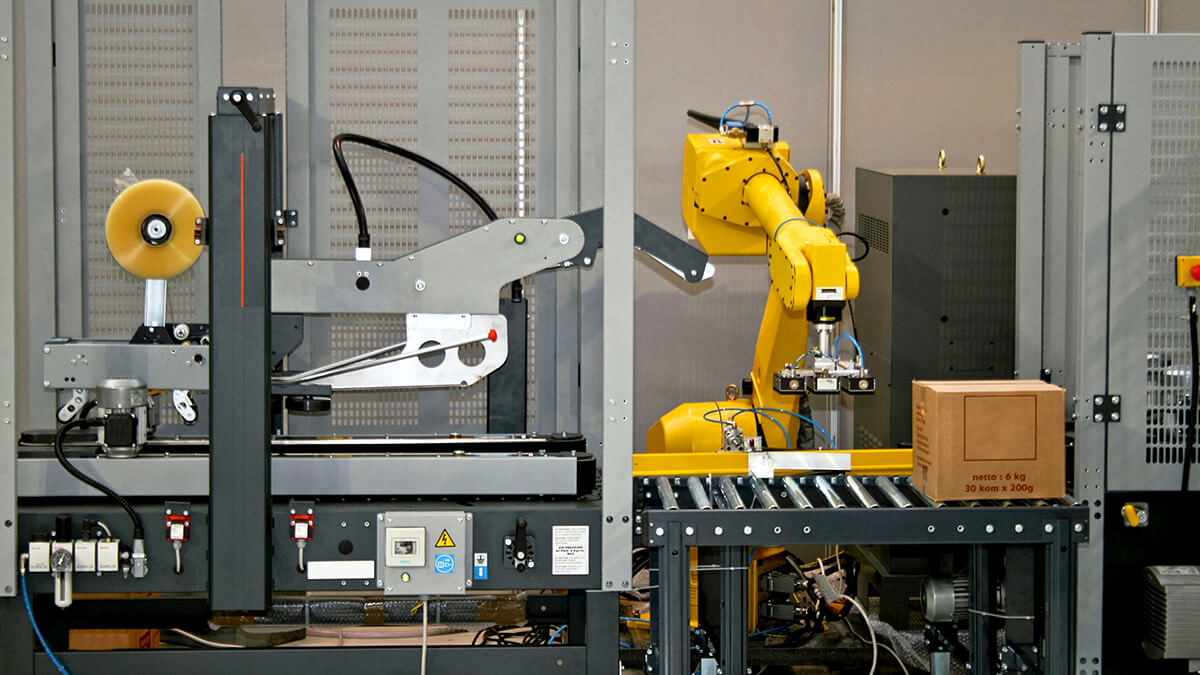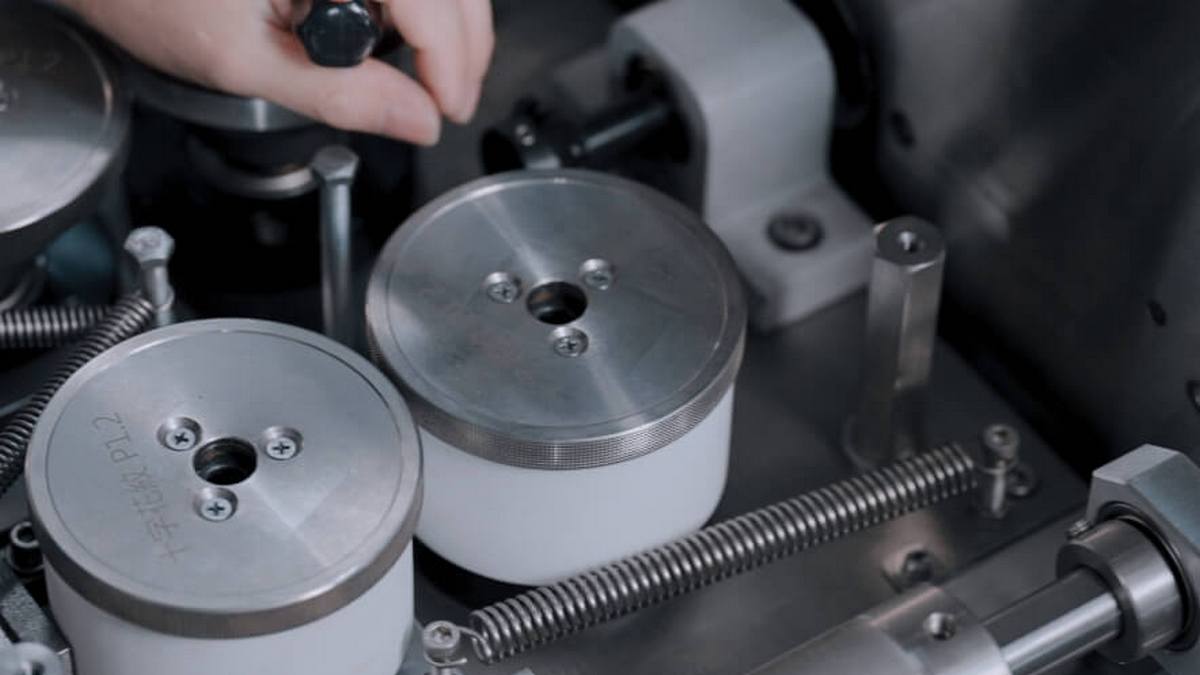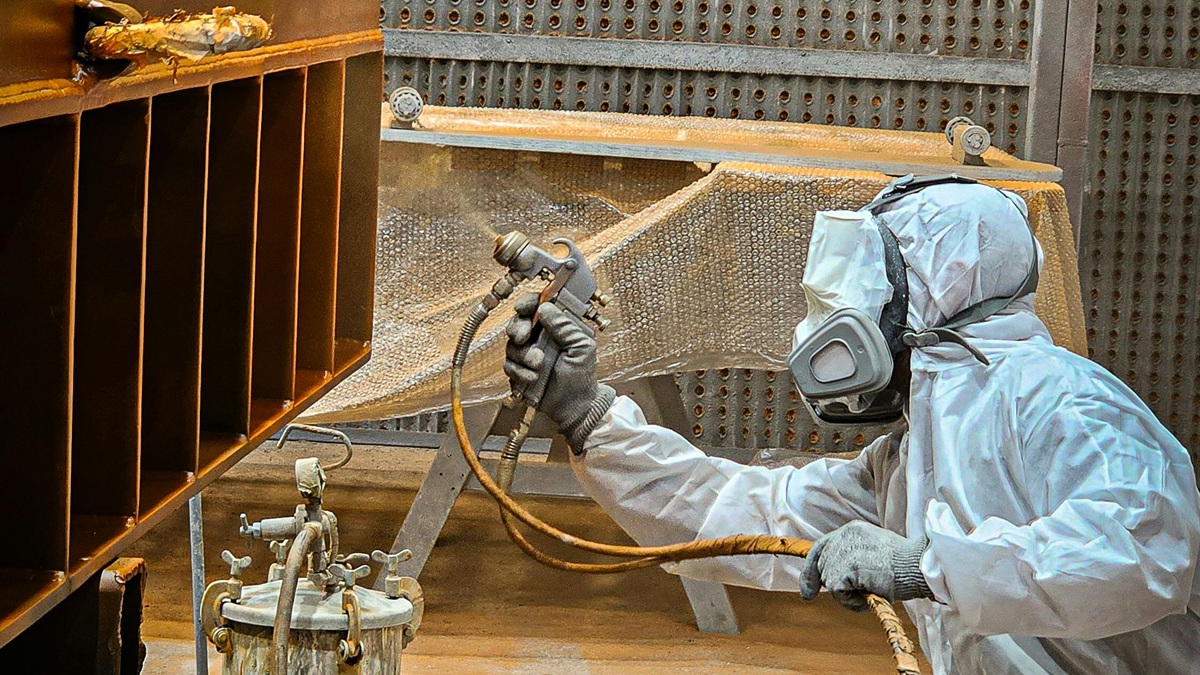In the present day, conventional industries are blending Internet of Things technology to drive the evolution of Industry 4.0 and the advancement of smart manufacturing.
The global industrial automation market is projected to reach $32.93 billion by 2024, with significant contributions expected from the automation of the automotive industry.
Industry 4.0 introduces a transformative model for manufacturing, ushering in unprecedented changes across various sectors. Automated manufacturing is a key component of this concept. According to a report by Zion Market Research, the global industrial automation market is forecasted to hit $321.93 billion by 2024, generating an estimated revenue of $32.93 billion by the end of that year, with a compound annual growth rate of approximately 6.5% between 2018 and 2024. This growth is not surprising, given that nearly all industries are increasingly adopting automation to enhance productivity, maintain high quality, ensure flexibility, ensure data accuracy, reduce costs, and enhance security – all of which are benefits of automation.
Automation of the Automotive Industry
The automotive industry has long been a stronghold for automation, employing smart solutions and Industrial Internet of Things (IIoT) technologies. Prominent automakers like Tesla, Volkswagen, BMW, and Toyota have integrated various automation technologies into their processes. Notable automation solutions in the automotive sector include the application of cognitive computing in collaborative robots (cobots) and IoT-connected vehicles.
What is Cobots Robots?
Cobots are lightweight, portable robots that operate autonomously, reducing the need for human intervention. They contribute to the production of high-quality products with exceptional precision, making them a noteworthy trend in the future of industrial automation.
Cognitive Computing in IoT-Connected Cars
Cognitive computing harnesses artificial intelligence and incorporates machine learning, human-computer interaction, and natural language processing. German automaker BMW is exploring the integration of cognitive computing and the Internet of Things to develop autonomous vehicles that can communicate with one another and interpret the emotional states of human drivers based on their driving patterns. If successful, these self-driving cars will represent an advanced evolution in autonomous vehicle technology.











.jpg)


